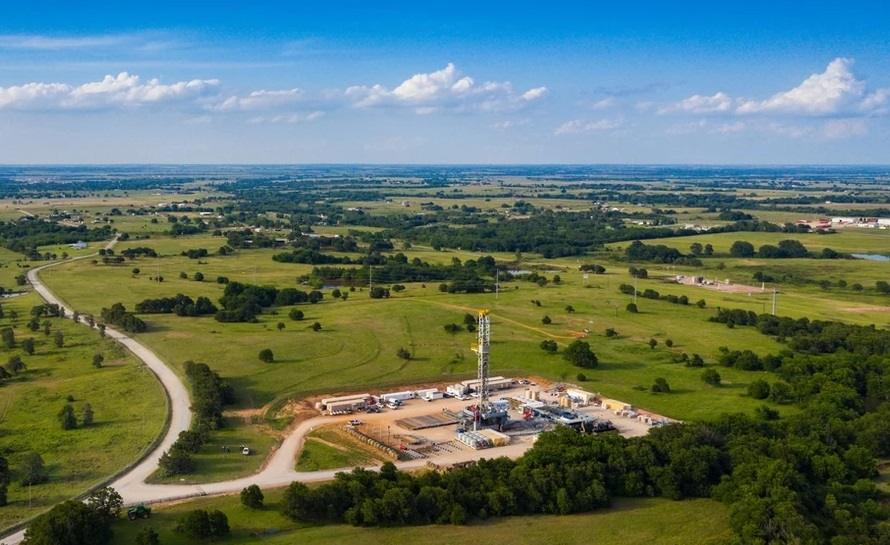Marathon Oil Links Pay to Sustainability Performance
Oil exploration and production company Marathon Oil announced a series of ESG initiatives today, including new targets for GHG emissions reductions, and linking incentive compensation to sustainability performance. The company also revealed new governance initiatives, including significant reductions in annual Board and CEO compensation.
Marathon announced that in 2020 it achieved an estimated 20% reduction to its GHG emissions intensity relative to 2019, and improved gas capture to 98.5% in Q4. For 2021, the company has introduced a target to reach a 30% emissions reduction target relative to 2019. Marathon also introduced a new goal to reduce its GHG intensity by more than 50% by 2025, relative to 2019.
On the compensation front, Marathon has restructured its short term incentive program, which includes performance on the company’s ESG framework. According to the company, its short term incentive scorecard now prioritizes safety, environmental performance, capital efficiency, capital discipline/free cash flow generation, and financial/balance sheet strength. The new initiatives also include reductions in annual Board compensation by 25% with the mix shifted more toward equity, as well as CEO total direct compensation by 25%, including a 35% reduction to long-term incentive awards.
Linking executive compensation to sustainability performance metrics is becoming increasingly common for companies across a broad range of industries. Recently, Apple revealed that it will introduce an ESG modifier to its executive bonus payouts, and Deutsche Bank announced that it plans to link top level executive and management compensation to ESG and sustainable finance criteria.
Marathon Oil President, CEO and Chairman Lee Tillman, said:
“We believe strong corporate governance is foundational to delivering ultimate shareholder value, and have modified our executive compensation framework to further align management interests with stakeholders and to incentivize the behaviors we believe are most important. We are also announcing an ambitious goal to meaningfully reduce our GHG emissions intensity by 2025, building on the momentum we established in 2020. We believe oil and gas will be an essential contributor to the transition to a lower carbon future and it is imperative that the Company and our industry address the dual challenge of meeting the world’s growing energy demand while also responding to the risk of climate change.”





